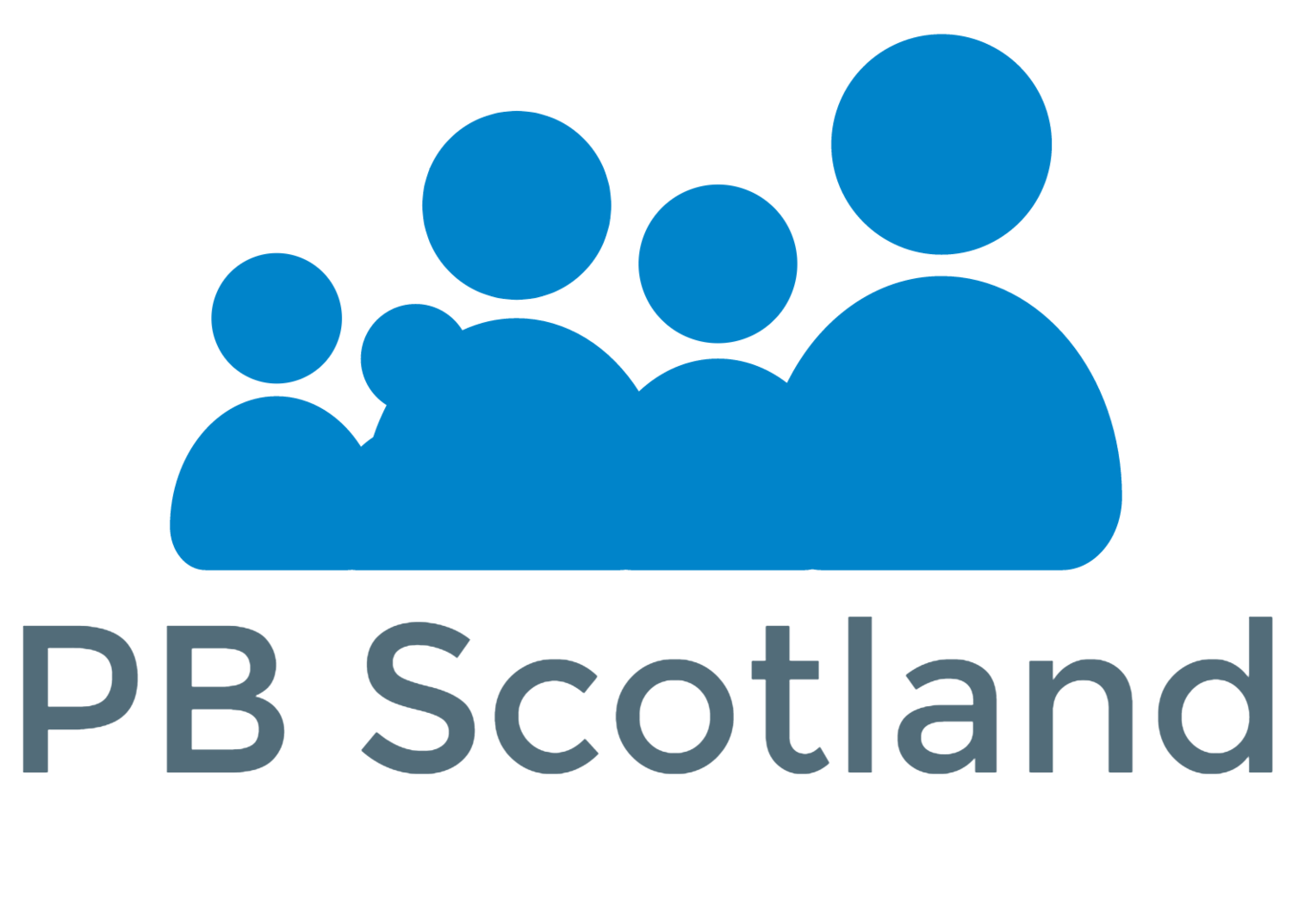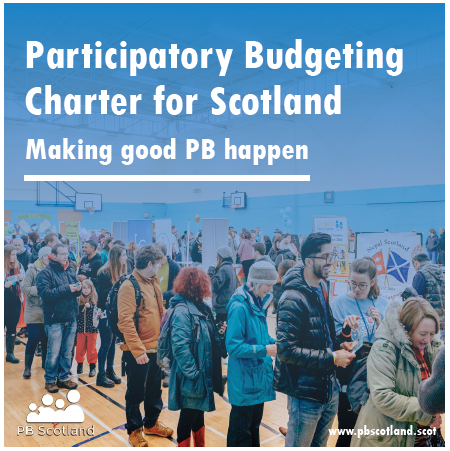Participatory budgeting in Scotland - new report
/The Glasgow Centre for Population Health and What Works Scotland have today published Participatory budgeting in Scotland to complement the launch of the Scottish Government’s new participatory budgeting website.
Participatory budgeting (PB) is a process of involving citizens in deciding how to spend public money.
At its core, PB is about community members shaping local services to meet local priorities more effectively. PB is motivated by the desire to democratically reallocate public money at a community level to ‘priority services’ and initiatives identified by residents. PB started in Brazil in 1989 and has now spread to over 1,500 localities across the globe with around 2,700 processes taking place.
An exciting collaboration has been established between the Glasgow Centre for Population Health (GCPH) and What Works Scotland (WWS) to support the strategic and operational delivery of PB within Scotland and beyond.
The first output from this collaboration is a joint publication: Participatory budgeting in Scotland: an overview of strategic design choices and principles for effective delivery.
The paper outlines ten strategic PB design choices and ten principles for effective delivery. The metaphor here is not ‘transplanting’ but translating and adapting. PB delivery organisations, communities and citizens involved in the PB process are thus encouraged to use the design choices and principles selectively, flexibly and reflectively as meets their specific purpose, need and context.
Chris Harkins (GCPH) comments: “Participatory budgeting is at a pivotal stage of development in Scotland, its potential and unique qualities as a tool for community engagement, empowerment and devolved decision-making are beginning to be recognised and valued. Yet undoubtedly effective delivery of PB is complex and demanding; practitioners, sponsors and community members have a lot to consider in terms of its strategic profile and fit and the specifics of implementation on the ground; not least how the process adapts to specific community needs, assets and aspirations. We hope that this joint publication can be a valuable support to those involved in PB within Scotland and beyond”.
Oliver Escobar (WWS) adds: “I was delighted to take part in this collaboration between the Glasgow Centre for Population Health and What Works Scotland. We share a passion for ensuring that evidence contributes to inform current debates and practices around community engagement and democratic renewal. Participatory budgeting is gaining prominence in Scotland, and we are committed to supporting the work of participation practitioners across the country. This report is a first step in our ongoing research agenda to ensure that knowledge is mobilised into action to improve policy and public services.”
The PB design choices draw upon international evidence and raise fundamental questions to prompt strategic discussion at the outset as to the ambition, scale and process involved in the planned PB programme, which in turn makes clearer the leadership, time and resource requirements. The principles for effective PB delivery then give practitioners and sponsors a steer as to the types of approaches (and issues to be careful of) which are likely to enhance the delivery prospects of PB ‘on the ground’. Importantly these delivery principles pay close attention to the current position and profile of PB in Scotland and to the resource most likely to be available for PB at the time of writing.
The report outlines the relevance of PB within Scotland’s political, policy and public service delivery context, and provides an overview of some of the outcomes that have made PB such a popular democratic innovation across the globe. The main PB models that have been developed internationally are explored in order to offer an outline of ten strategic choices in the design of PB processes. Ten principles and considerations for effective delivery of PB specifically within a Scottish context are also presented and explained. In conclusion, the report outlines the key findings and the implications for the future of PB in Scotland.
Harkins C, Escobar O. Participatory Budgeting in Scotland: An overview of strategic design choices and principles for effective delivery. Glasgow: GCPH, WWS; 2015.
Available at:
http://www.gcph.co.uk/publications/605_participatory_budgeting_in_scotland_an_overview







